To provide the best experiences, we use technologies like cookies to store and/or access device information. Consenting to these technologies will allow us to process data such as browsing behaviour or unique IDs on this site. Not consenting or withdrawing consent, may adversely affect certain features and functions.
The technical storage or access is strictly necessary for the legitimate purpose of enabling the use of a specific service explicitly requested by the subscriber or user, or for the sole purpose of carrying out the transmission of a communication over an electronic communications network.
The technical storage or access is necessary for the legitimate purpose of storing preferences that are not requested by the subscriber or user.
The technical storage or access that is used exclusively for statistical purposes.
The technical storage or access that is used exclusively for anonymous statistical purposes. Without a subpoena, voluntary compliance on the part of your Internet Service Provider, or additional records from a third party, information stored or retrieved for this purpose alone cannot usually be used to identify you.
The technical storage or access is required to create user profiles to send advertising, or to track the user on a website or across several websites for similar marketing purposes.
 Aon plc, has released new research that highlights the impact on employee motivation and productivity if they are resilient. The data, gained across five European countries, including the UK, claims that employees are nearly twice as likely to be motivated and therefore productive, if they are resilient. (more…)
Aon plc, has released new research that highlights the impact on employee motivation and productivity if they are resilient. The data, gained across five European countries, including the UK, claims that employees are nearly twice as likely to be motivated and therefore productive, if they are resilient. (more…)





 Cloud-based access control company
Cloud-based access control company 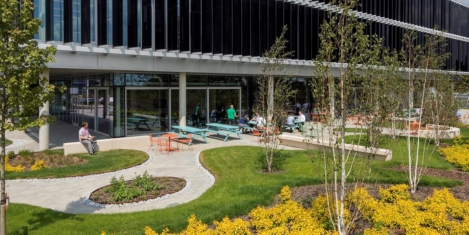
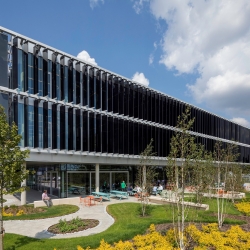

 A new survey conducted by
A new survey conducted by 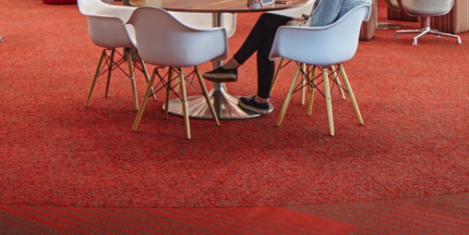
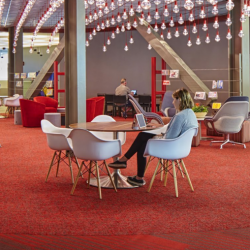


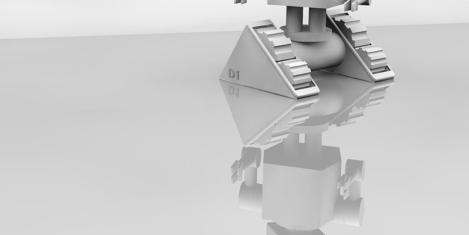




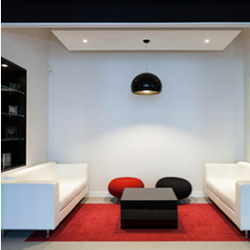 A new report, released by workplace design consultancy,
A new report, released by workplace design consultancy, 
 The
The 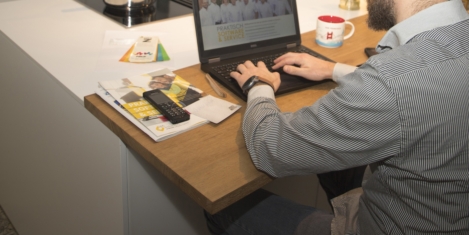
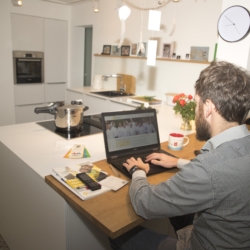 To mark the start of National Work Life Week, work-life balance charity
To mark the start of National Work Life Week, work-life balance charity 







October 29, 2020
Workplace culture is not something to be changed with hashtags
by Kirsty Ritchie • Comment, Wellbeing